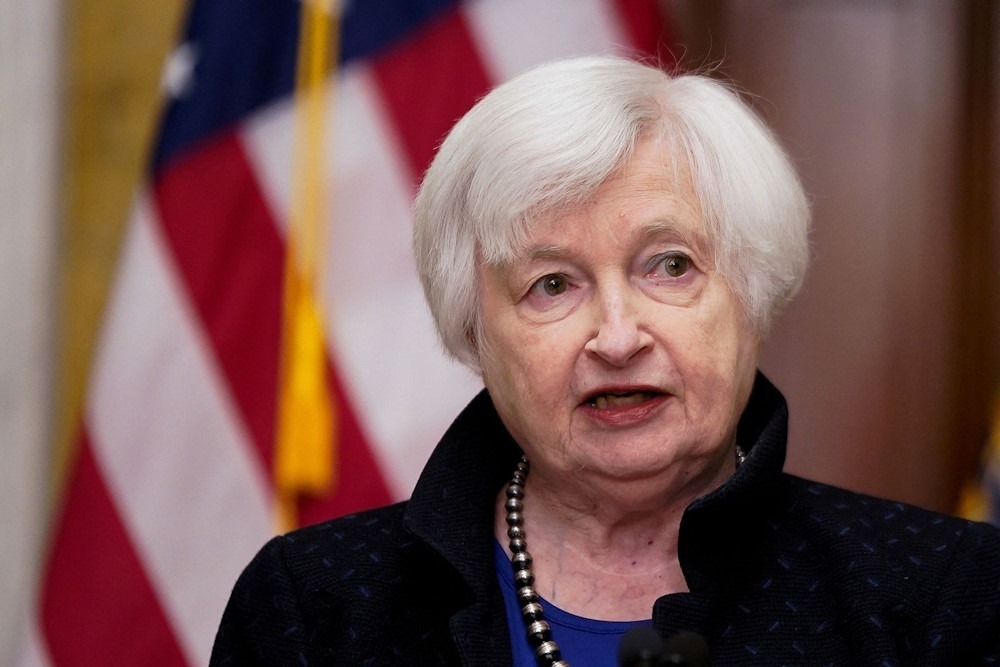Janet Yellen rejects the idea of global tax on billionaires

The proposed global wealth tax on billionaires has been met with opposition from the U.S., according to Treasury Secretary Janet Yellen. She dismissed the idea put forth by Brazil, France, and other nations to rebalance the economic landscape away from the ultra-wealthy.
As Brazil assumes leadership of the Group of 20 major economies this year, the country has emphasized the need for a coordinated approach to address the taxation of ultrawealthy individuals who have the ability to transfer their funds to jurisdictions with lower tax rates. The objective is to replicate a worldwide minimum tax on corporations, a commitment made by approximately 140 countries in 2021. However, this initiative has encountered obstacles in the United States and other regions.
Yellen expressed that the United States would not provide support for the discussions regarding the matter. She is scheduled to meet later this week with finance ministers from the Group of Seven advanced democracies, who are anticipated to engage in discussions regarding the global wealth tax.
We support the concept of progressive taxation. We do not support the idea of a global arrangement for taxing billionaires and redistributing the proceeds. “That’s not something we can agree to,” she stated.
In addition to ministers from Brazil and France, officials from Spain, Germany, and South Africa have engaged in discussions about a proposal that would mandate billionaires to contribute taxes equivalent to a minimum of 2% of their total wealth annually.
Advocates argue that implementing the tax on a global scale would prevent the wealthy from transferring their assets to tax havens in order to evade taxation. This would enable countries to generate higher tax revenue to fund other important initiatives and leverage the tax system to address the growing income inequality observed in recent years.
“This is precisely the approach we took regarding minimum taxation on corporate tax,” remarked French Finance Minister Bruno Le Maire in a statement last month. “The international taxation for the wealthiest individuals would remain unchanged.”
Income taxes in most countries are typically determined by a person’s place of residence. Unlike many other countries, the U.S. taxes its citizens on their worldwide income, which presents a challenge for Americans looking to avoid taxation by moving their assets and earnings overseas.
Although the Biden administration has put forth a plan to increase taxes on high-income Americans, it has refrained from implementing a wealth tax that aims to collect a portion of an individual’s net worth on an annual basis. President Biden has proposed a plan that suggests Americans with a net worth exceeding $100 million should pay a 25% tax on their total earnings, including unrealized capital gains.
Capital gains in the U.S. are currently subject to a top tax rate of 23.8% upon sale, allowing for potential tax-free growth over extended periods. Income, including wages, is subject to taxation based on the rate of 37%, along with additional levies. It is anticipated that the Supreme Court will soon provide its perspective on a case that has the potential to establish a constitutional restriction on wealth taxation.
Yellen played a key role in driving the global consensus on corporate taxes, establishing a minimum of 15% that companies are required to pay in the jurisdictions they operate in. However, due to opposition from Republicans, Congress has yet to approve the deal.







